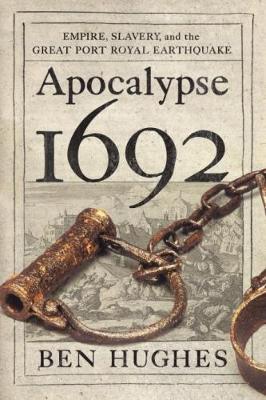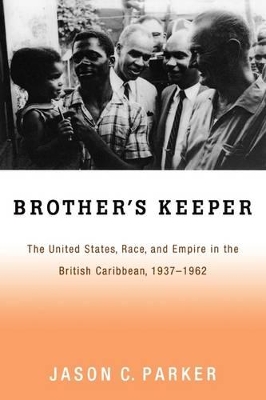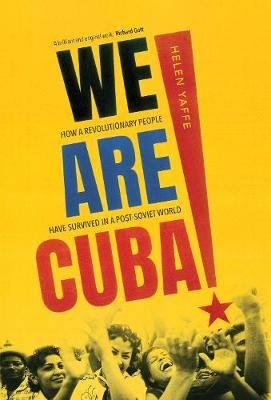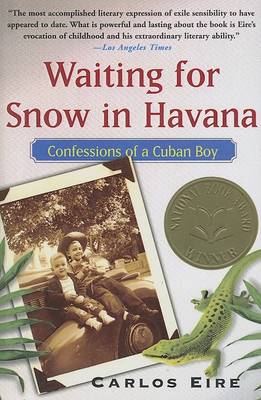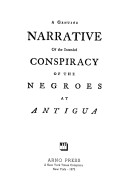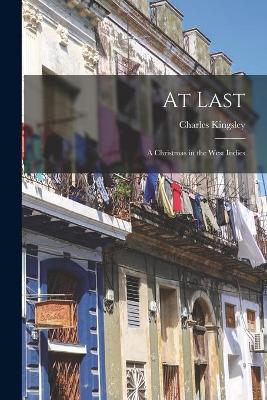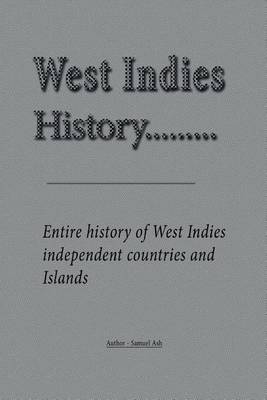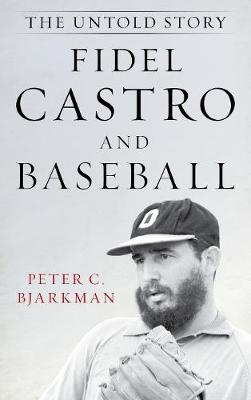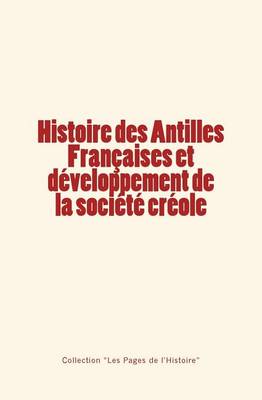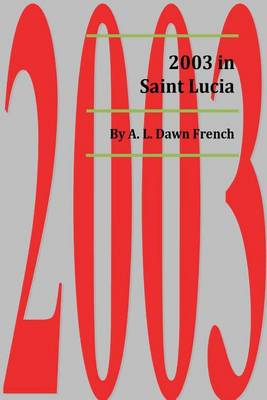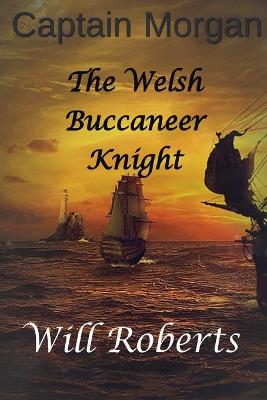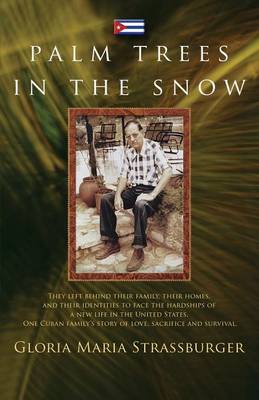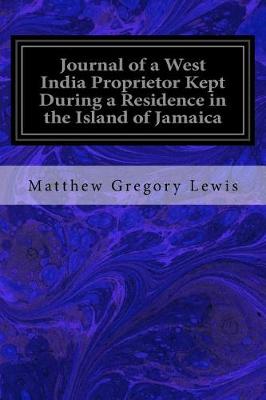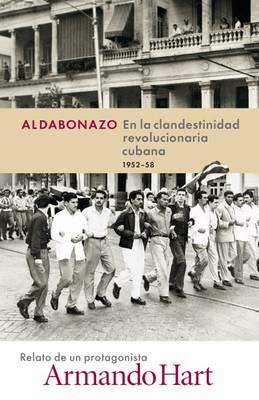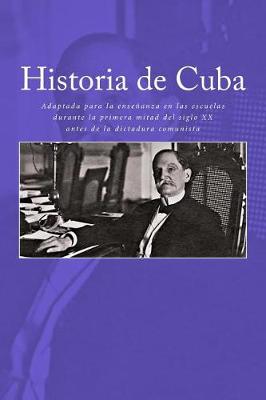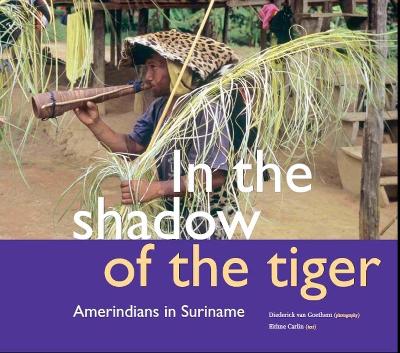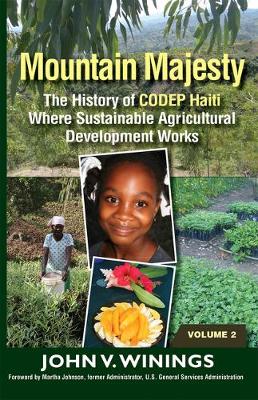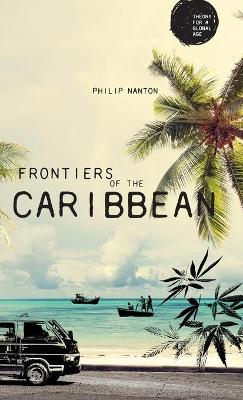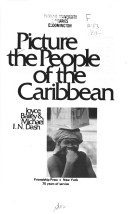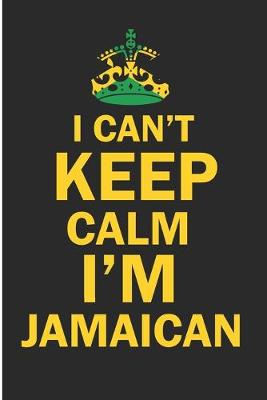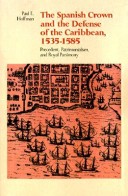Built on sugar, slaves, and piracy, Jamaica's Port Royal was the jewel in England's quest for Empire until a devastating earthquake sank the city beneath the sea A haven for pirates and the center of the New World's frenzied trade in slaves and sugar, Port Royal, Jamaica, was a notorious cutthroat settlement where enormous fortunes were gained for the fledgling English empire. But on June 7, 1692, it all came to a catastrophic end. Drawing on research carried out in Europe, the Caribbean, and t...
The culmination of West Indian decolonization came at a dangerous moment in the Cold War Caribbean, amid aftershocks of the Cuban Revolution, a wave of Third World nationalism abroad, and civil rights conflicts in the United States. Dozens of countries entered in the atlas in one generation, many of them through bloody clashes. Yet the West Indian passage to independence was peaceful and managed to avoid the heavy-handed American intervention seen elsewhere in the hemisphere, not to mention Viet...
The extraordinary account of the Cuban people's struggle for survival in a post-Soviet world In the aftermath of the fall of the Soviet Union, Cuba faced the start of a crisis that decimated its economy. Helen Yaffe examines the astonishing developments that took place during and beyond this period. Drawing on archival research and interviews with Cuban leaders, thinkers, and activists, this book tells for the first time the remarkable story of how Cuba survived while the rest of the Soviet bl...
A childhood in a privileged household in 1950s Havana was joyous and cruel, like any other-but with certain differences. The neighbour's monkey was liable to escape and run across your roof. Surfing was conducted by driving cars across the breakwater. Lizards and firecrackers made frequent contact. Carlos Eire's childhood was a little different from most. His father was convinced he had been Louis XVI in a past life. At school, classmates with fathers in the Batista government were attended by c...
A Genuine Narrative of the Intended Conspiracy of the Negroes at Antigua (Research Library of Colonial Americana)
Few political figures of the modern age have been so vilified as Fidel Castro, and both the vilification and worship generated by the Cuban leader have combined to distort the true image of Castro. The baseball myths attached to Fidel have loomed every bit as large as the skewed political notions that surround him. Castro was never a major league pitching prospect, nor did he destroy the Cuban national pastime in 1962. In Fidel Castro and Baseball: The Untold Story, Peter C. Bjarkman dispels nu...
Histoire des Antilles Francaises et developpement de la societe creole
by Edmond Du Hailly and Georges Haurigot
Collaborating Towards Coherence. Lexical Cohesion in English Discourse. (Pragmatics & Beyond New)
by Sanna-Kaisa Tanskanen
Journal of a West India Proprietor Kept During a Residence in the Island of Jamaica
by Matthew Gregory Lewis
Writings on educational theory, pedagogy, and the relationship between education and popular democracy.
This book argues that the Caribbean frontier, usually assumed to have been eclipsed after colonial conquest, remains a powerful but unrecognised element of Caribbean island culture. Combining analytical and creative genres of writing, it explores historical and contemporary patterns of frontier change through a case study of the little-known Eastern Caribbean multi-island state of St Vincent and the Grenadines. Modern frontier traits are located in the wandering woodcutter, the squatter on gover...
Spanish Crown and the Defence of the Caribbean, 1535-85
by Paul E Hoffman
